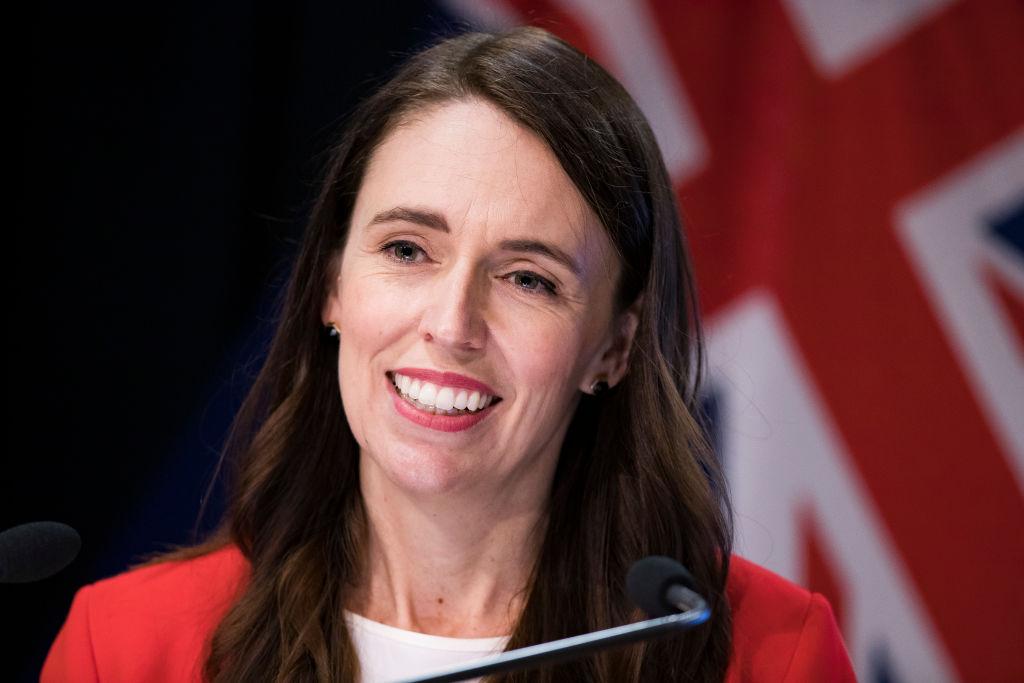New Zealand has announced the end of QR codes, mask rules, COVID-19 vaccine passports, and other mandates in most industries.
As of April 4, vaccination passport rules will be removed and vaccination mandates will be lifted in all industries except health and disability, aged care, corrections, and border forces. Changes that take effect on March 26 include increasing indoor capacity limits to 200 from 100, while outdoor limits will be completely removed.





